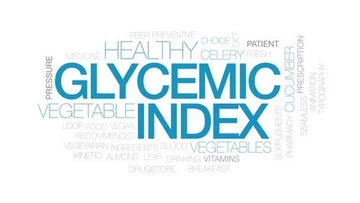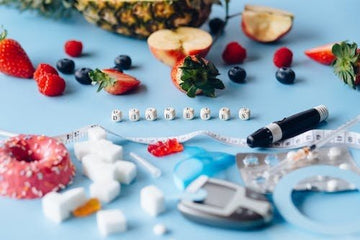Breakfast is often hailed as the most important meal of the day, but for children, it has become a gateway to unhealthy eating habits. Many kids turn to fast and cheap options like cold cereal, instant oatmeal, granola bars, and yogurt smoothies, all of which are loaded with added sugars. For example, even seemingly healthy cereals like Raisin Bran have a surprisingly high sugar content due to sweetened raisins. Breakfast choices packed with sugar not only contribute to weight gain but also lead to a host of health problems.
Processed foods marketed towards children are cleverly designed to be irresistible, using sports figures, celebrities, characters, mascots, and other tactics. They capture the brain's reward center, much like drugs, creating a strong sugar addiction in children from an early age. These sugar-laden foods contribute significantly to their daily sugar intake, leading to a myriad of health issues such as obesity, type 2 diabetes, and liver disease.
The American Heart Association recommends limiting added sugar intake for kids to 3 to 4 teaspoons per day. However, a typical school breakfast, consisting of sugary cereals and fruit juices, can already exceed this daily limit. Unfortunately, the National School Breakfast and Lunch Programs do not have official sugar limits, contributing to further health risks for children.
The impact of sugar on a child's brain is significant. High fructose consumption, found in processed foods, can affect brain metabolism, disrupt growth factors, and hinder brain development and cognition. Studies have linked sugary beverages to behavioral problems in children, from irritability to increased impulsivity. Additionally, excessive sugar intake has been associated with cognitive decline, attention deficit disorders, and reduced academic performance in schools.
As parents and educators, it's crucial to recognize the detrimental effects of processed food and excessive sugar intake on children's health and well-being. By making healthier food choices and promoting balanced diets, we can contribute to a brighter, healthier future for our kids.





